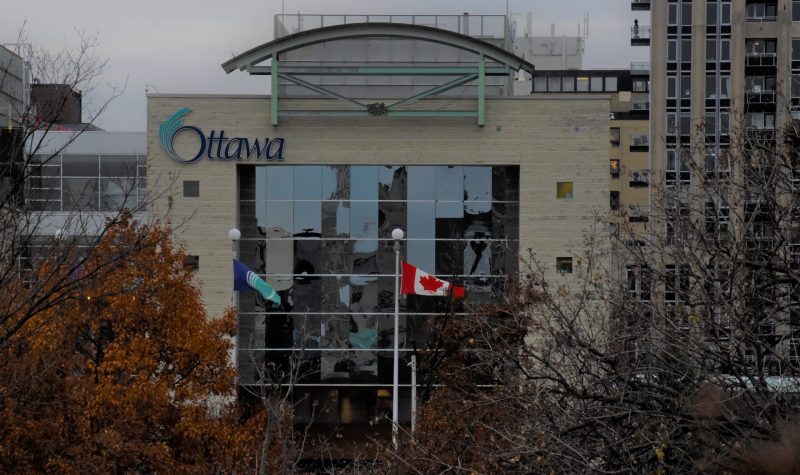Ottawa is introducing a new bylaw to help mitigate the city’s ongoing housing crisis.
At a meeting of the Finance and Economic Development Committee (FEDCO) on Tuesday, councillors supported plans to implement a Residential Vacant Unit Tax in Canada’s capital. The tax will require residents to declare whether or not their properties are vacant or occupied each year.
Canada has approximately 1.34 million vacant housing units, and more than 20,000 are located in Ottawa.
The Residential Vacant Unit Tax would impose a one per cent tax on the value of a property of six units or more which has been unoccupied for more than 184 days in a calendar year. There are exemptions to the bylaw, including reasonable justification for the unit having a long-term vacancy, such as the death or extended hospitalization of the owner. Additionally, principal residences aren’t subject to the tax.
According to the city’s Chief Financial Officer Wendy Stephanson, the tax is intended to free up vacant units on the market to meet the demand for housing in Ottawa.
“The purpose of this tax is to encourage property owners to return residential units to the housing supply by renting or occupying or selling their units,” says Stephanson. “The added supply is expected to play a role in market dynamics of housing affordability.”
Residential vacancy rates impact the cost of housing because they reflect the demand on the market. If vacancy rates in a given area are low, it means demand for housing is high, and property owners can ask for a higher price on the unit. If vacancy rates are high, it means there is less demand for housing, which gives property owners an incentive to lower the price.
The Canada Mortgage and Housing Corporation (CMHC) released their annual rent affordability report on Feb. 18. The report indicates that the vacancy rate in Ottawa, which reflects how many rental units are available on the market, has reached a 25-year high at 3.4 per cent. However, affordable housing options remain scarce for low-income residents.
The average price of a two-bedroom rental in Ottawa, according to CMHC, was around $1,550 in 2021—a 1.3 per cent increase from the previous year. According to the Ottawa Neighbourhood Study (ONS), around 12.6 per cent of Ottawa residents are considered low-income, and 23.8 per cent can’t afford their rent.
The revenue from the Residential Vacant Unit Tax will be used to build new affordable housing units. According to Ottawa’s Deputy City Treasurer, Revenue Services Joseph Muhuni, the tax will apply to an estimated 1,653 vacant properties, which is expected to result in millions of dollars in revenue over the coming years.
“We estimate that 33.2 million dollars in gross revenues would be collected through this tax over the first six years,” says Muhuni. “After program costs, the tax is estimated to net the city about 25.1 million dollars over the first five to six years.”
As part of the enforcement of the tax bylaw, some 330,000 property owners will be subject to year-round audits, and could be levied a fine of $10,000 if a false declaration is made. The system is expected to be implemented starting in May 2022, and the tax will be applied starting in 2023.
On Tuesday, councillors raised concerns about some senior residents and others who may not have access to a computer, subsequently limiting their access to information regarding the new tax.
The bylaw represents a significant addition to the tax filing process, so the city is coordinating an information campaign to raise awareness about the change. Stephanson told councillors that the city is leveraging all its communications assets to get the word out.
“I know… that a large number of folks are actually going to apply online,” says Stephanson. “But we will put all of those tools and those communications in the hands of people who cannot do that and make sure that we have an option that works for them.”
According to Stephanson, communications will take on many forms, including reaching residents through social media, online advertisements, mail-outs and tax bill inserts, public service announcements, and the City of Ottawa website.
Stephanson indicated the city would also consider other means of communicating with residents, such as partnering with financial institutions to ensure that residents whose taxes are typically handled by their bank are not subject to accidental charges.
The bylaw was approved by FEDCO, and will be passed on to the provincial Minister of Finance for final approval.
Listen to the CHUO story below:


